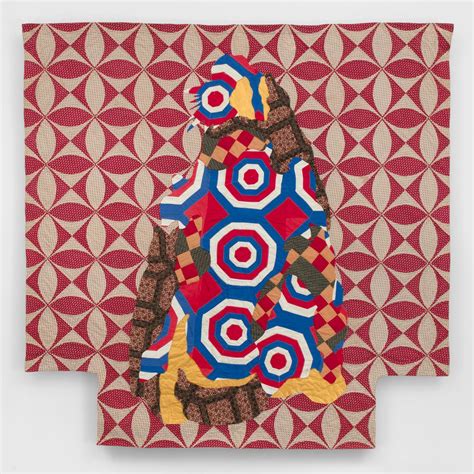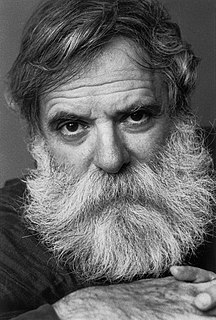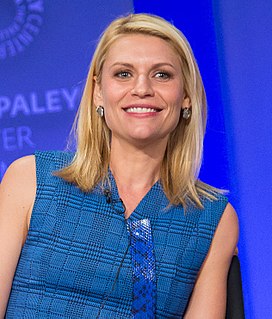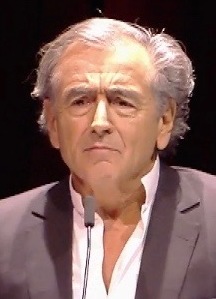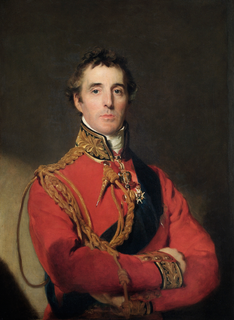A Quote by Joseph Joubert
History needs distance, perspective. Facts and events which are too well attested cease, in some sort, to be malleable.
Related Quotes
I often say time is malleable, but the reception of an artwork is malleable too. When the culture changes, the view and the way you see that work, your perspective, changes. It's something that you can't control. It's sort of daunting and intimidating, but at the same time very fascinating, extremely fascinating.
Art may not have the power to change the course of history, but it can provide a perspective on historical events that needs to be heard, even if it's seldom heeded. After all the temporary influences that once directed the course of history have vanished, great art survives and continues to speak to each generation.
The history of a battle, is not unlike the history of a ball. Some individuals may recollect all the little events of which the great result is the battle won or lost, but no individual can recollect the order in which, or the exact moment at which, they occurred, which makes all the difference as to their value or importance.

